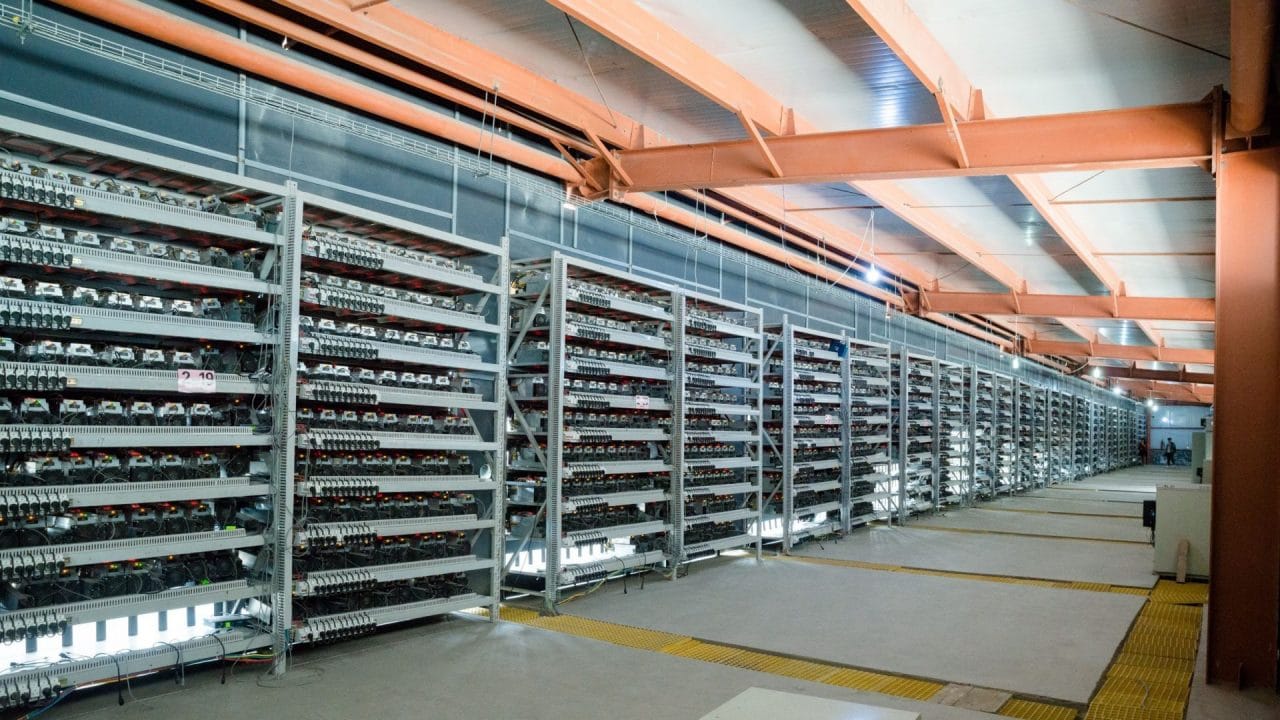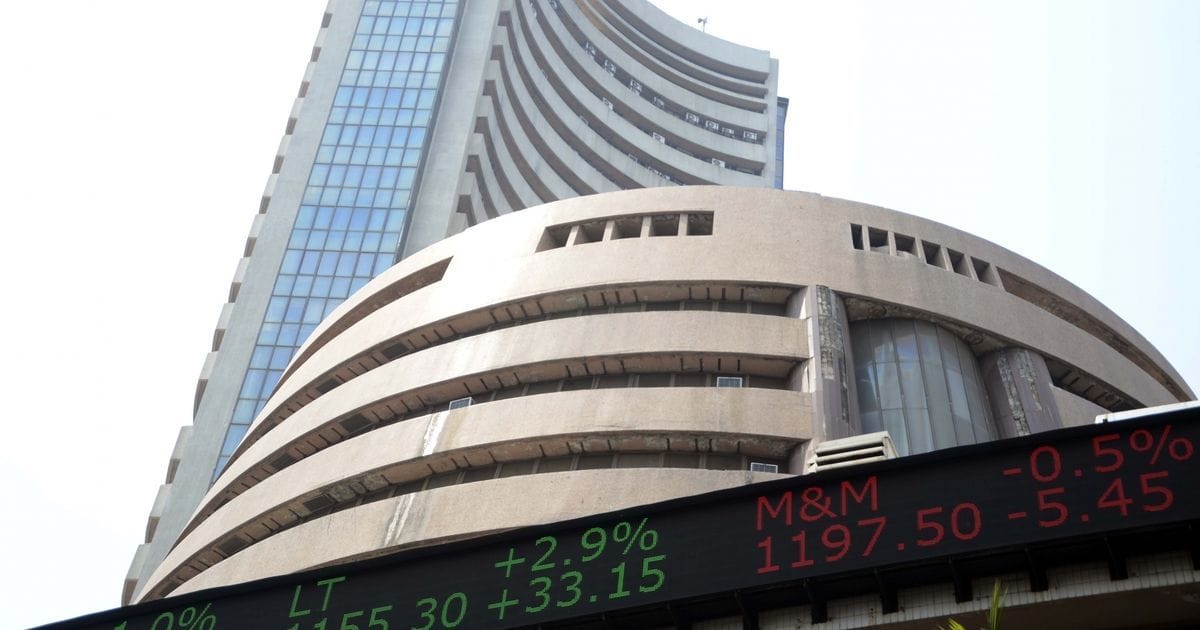The EUR/USD little changed on Monday, while European stocks plunged amid fears that Greece was approaching a financial disaster after the government of Alexis Tsipras rejected another round of austerity reforms.
The EUR/USD was trading at 1.1225 in the London session, virtually unchanged from the previous close. The EUR/USD traded within a narrow range of 1.1190-1.1265 throughout the day after swinging hundreds of pips in either direction over the past several weeks. The EUR/USD faces a slightly bearish outlook on the technical chart, but is likely to avoid any serious retreat above the 1.1179 technical support line. A break below that level would exposed 1.1092. On the upside, the next resistance tests are likely found at 1.1325 and 1.1384.
European stocks were on edge at the start of the week, as investors grappled with the growing threat of a Grexit situation. The DAX in Germany fell 165.71 points to 11,030.78. The FTSE 100 in London fell 53.70 points to 6,731.22. The CAC 40 in Paris tumbled 57.03 points to 4,844.16.
Greece’s Prime Minister Alexis Tsipras plans to hold an emergency government meeting on Monday, after rejecting the troika’s latest bailout deal. Tsipras said his government will wait patiently for creditors to submit “realistic” reforms.
Greece has until the end of the month to strike a reform deal with its creditors or risk technical default, a move many believe would be a perquisite for exiting the 19-member currency bloc. The European Union recently acknowledged that a default was possible, having ruled out the likelihood of an agreement at this week’s Eurogroup meetings.
In economic data, the Eurozone trade surplus rose faster than forecast in April, but exports slowed, suggesting that the weaker euro was having only a minor impact on the regional recovery.
The Eurozone trade surplus rose to €24.3 billion in April from €19.7 billion in March, the European Commission reported on Monday. The increase was better than forecasts calling for a surplus of €20.3 billion. Exports rose 1.1%, while imports decreased 1.6%, official data showed.
The European Commission will report on first quarter Eurozone employment on Tuesday. ZEW will also release its closely followed investor confidence indicators for Germany and the broader euro area.
Tradersdna is a leading digital and social media platform for traders and investors. Tradersdna offers premiere resources for trading and investing education, digital resources for personal finance, market analysis and free trading guides. More about TradersDNA Features: What Does It Take to Become an Aggressive Trader? | Everything You Need to Know About White Label Trading Software | Advantages of Automated Forex Trading










































